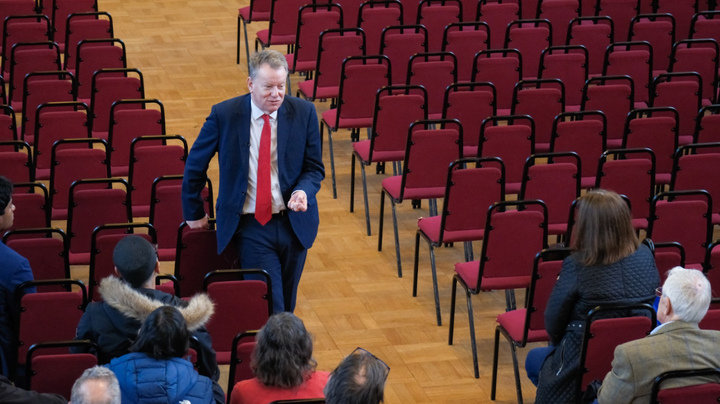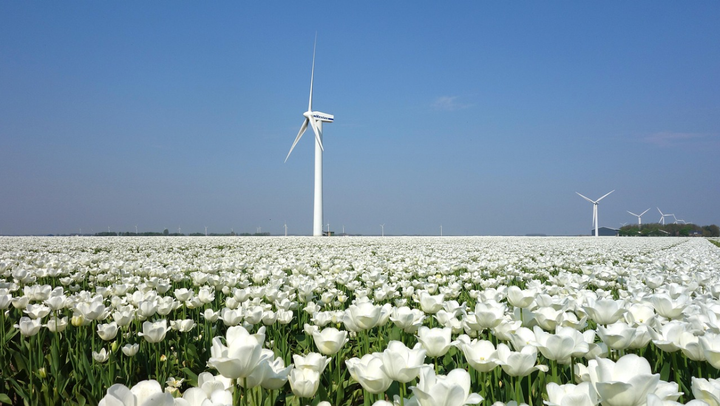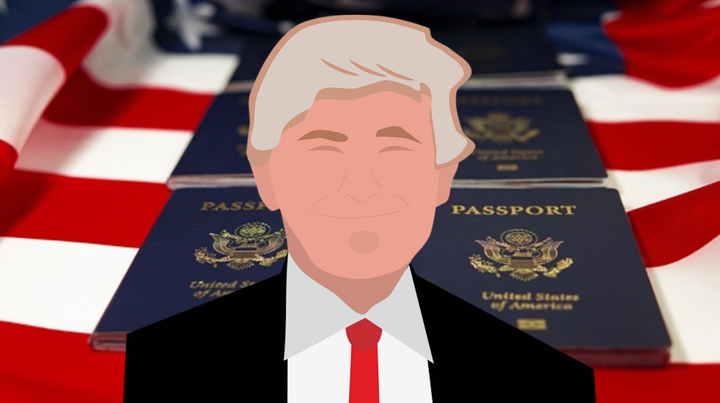Is the British government able to prevent illegal immigrants from entering the UK?

Oliver Aikens
During the Prime Minister’s first major speech of 2023, he announced that the government will work more with France to “stop the boats”. He was then later asked by reporters to define what “stop the boats” meant, to which he, rather implicitly, responded that new laws were to be passed, which would significantly reduce the number reaching British shores. But in light of Sunak’s deflective remarks, I intend to take this theme further, asking: how the government can actually achieve this? And what their plans are to reduce the numbers?
The graph above clearly indicates the significant increase in the number of confirmed arrivals on small boats from illegal immigrants. The data illustrates the extent of arrivals, with the total in August 2022 having reached just over 8,600 - greater than the total arriving throughout the whole of 2020 (although, granted, this was during COVID). The UK evidently has a problem on its hands. As a result of these growing numbers, other areas of the British economy have suffered. The significant impact on government spending due to the cost of accommodation and food is straining the country. Shockingly, it is recorded that in total the amount of taxpayer money spent per asylum seeker per month is now 1.5 times the average monthly pay for NHS nurses. Surely such an issue should be fixed to ensure that the government can provide greater investment into other areas: namely education and healthcare, placing the focus back on the people of Britain.
Naturally, the Conservative Party wishes to combat this problem and has been aiming to reduce the number of illegal immigrants entering the UK. However, over the past few years, for one reason or another, methods have proven ineffective. Total illegal immigration has tripled from around 13,000 to upwards of 40,000 by 2021, with the most common route identified as the small boats crossing across the English Channel. Despite the UK paying around 75 million euros to France for increased security measures, which was up to 40% in the past year, the sheer number of boats crossing daily leads to an impossible mission. Police trade unionist Nicolas Laroye stated that “Some evenings, there are up to 50 boats leaving the coast, so we’ll catch half, but it’s not enough. We can’t put a police officer behind every dune.”
Over recent years, and as is expected, the Conservative party has consistently expressed its aim to significantly reduce the number of illegal immigrants crossing the channel from France into the United Kingdom. They have instigated such an ambition more recently with the current Prime Minister, Rishi Sunak, along with the Home Secretary, Suella Braverman, setting out a five-point plan to address the issue of immigration.
First, a new permanent unified Small Boat Operational Command, which uses drones to identify, intercept and enforce immigration laws. Such an institution is naturally accompanied by significantly more funding and 700 new members of staff.
Second, increase raids on illegal working by 50%.
Third, to counter the GBP 5.5 million daily bill for the use of hotels to house asylum seekers and make use of alternative sites.
Forth, a doubling of asylum application caseworkers, with an additional introduction of faster asylum application processes.
Fifth, the Prime Minister formed a new deal with the Albanian Prime Minister. This means that all Albanians arriving in the United Kingdom illegally will now instantly be removed. In theory, this should lead to a large drop in total illegal migrants crossing the channel, as the Albanians make up a total of 35% of all the people arriving on boats from the channel.
All of these policies point towards the overall ambition of the UK government to keep immigration at bay. But are these methods effective?
While this approach should allow the British Isles to see a reduction in the total annual amount of illegal immigrants arriving in the UK: enabled through increased border control, instant removal of Albanian asylum seekers, quicker processes along with the use of technological interceptions of boats- confidence is still low. It should be noted that Mr Sunak’s goal of “stopping the boats” will be near impossible to reach. Even the PM made such a concession, later suggesting that the phrase was to do with an increase in rules, not a reduction in the total number. Furthermore, we have seen no impact from changes made in the past decade. Therefore, I question- What change is genuinely expected?




Comments ()